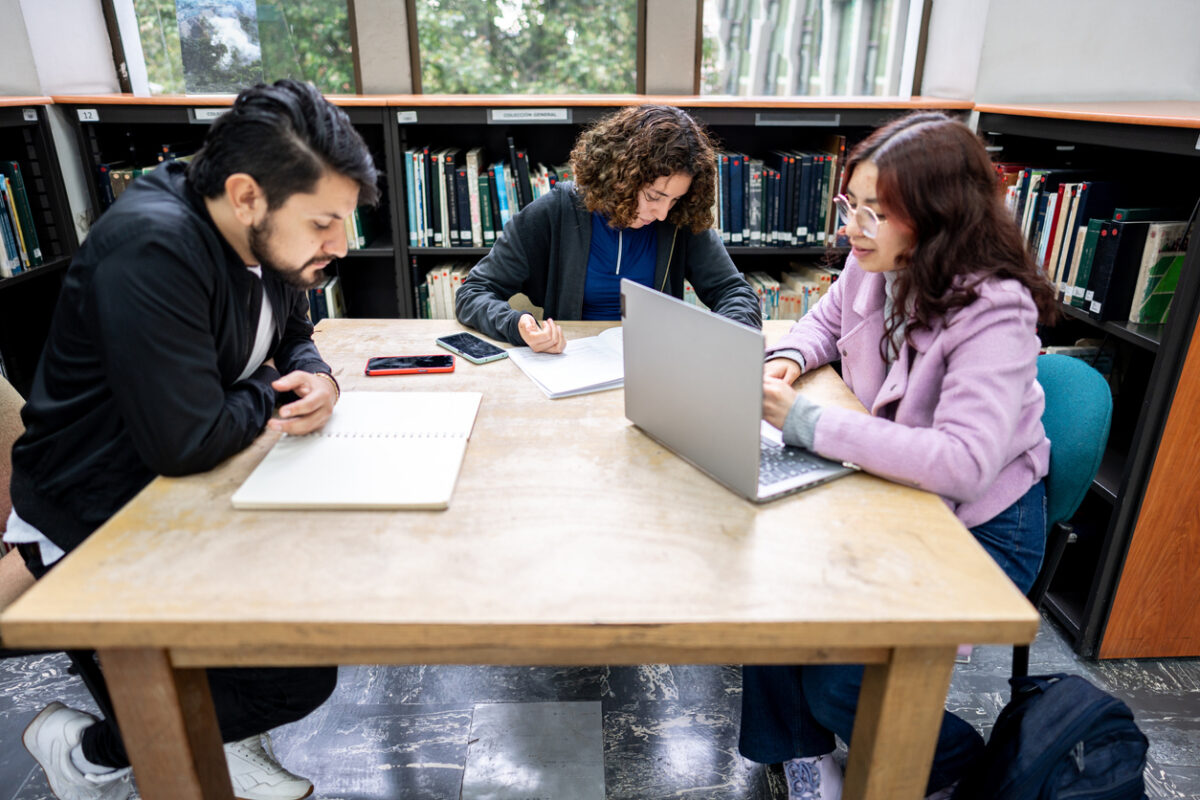IHEP Program Model Paves Way for Emerging Higher Ed Policy Leaders to Advance Student Success Globally
Published May 13, 2014
Washington, D.C., June 30, 2009—Throughout the world, the demand for higher education is increasing exponentially, pushed forward by the realities of a global economy and the importance of a knowledgeable, highly skilled population. While many countries are making great strides in increasing the numbers of students who attend and graduate from college, gaps between traditional students and historically disadvantaged students remain. Existing policies or new programs must be analyzed, along with critical policy discussions, to understand this issue completely and make appropriate recommendations.
To help address the challenges of finding policy solutions, the Institute for Higher Education Policy (IHEP) created a three-year initiative called the Global Policy Fellows Program (GPFP) to improve the knowledge and skills of a new generation of policy analysts and leaders. Through the program, Fellows identified and developed programmatic models with the hope of changing public policy for historically disadvantaged populations in their home countries. In addition, they authored a series of issue briefs (published in March 2009) to analyze various postsecondary issues such as postsecondary financing, transitions from secondary schools, privatization, and the role of higher education in the workforce. Today IHEP released a final report, Global Policy Fellows Program: Lessons Learned, to summarize the shared experiences drawn from the project and provide recommendations for future collaborations.
“There is often a lack of capacity to analyze global postsecondary issues to determine what works well—or doesn’t work at all—across borders. GPFP, in many ways, is just the beginning of cross-national policy efforts to improve postsecondary outcomes for historically disadvantaged student populations," said IHEP President Michelle Asha Cooper, Ph.D. "The program's ultimate goal is for the global higher education policy community to continue its efforts in developing a new cadre of these types of experts to truly have long-term impact for the future."
The program illustrated a number of principles that can make collaboration effective:
- Use a combination of cross-national and in-country activities
- Create teams of participants that reflect a balance of backgrounds
- Foster “learning by doing” through collaborative research, brainstorming, and policy development
- Prioritize structured and informal peer feedback
- Ensure communication tools are varied, effective, and explained
The final report follows the nearly two-year journey of 16 early-career research and policy professionals representing developed and developing countries that included Brazil, Mongolia, the Netherlands, South Africa, Thailand, Ukraine, and the United States. The Fellows’ career backgrounds involved working at government agencies, non-government organizations, professional associations, and university-based research centers. They conducted essential higher education policy research to eventually influence national and regional governments, leading authorities, and international organizations.
Established in 2007, GPFP awarded fellowships to participants who were selected through an international, open application process that was overseen by some of the world’s leading public policy and research experts. The Ford Foundation provided initial support for GPFP. For additional questions about GPFP or IHEP, visit the organization’s Web site at or send an e-mail request to globalpolicyfellows@ihep.org.


